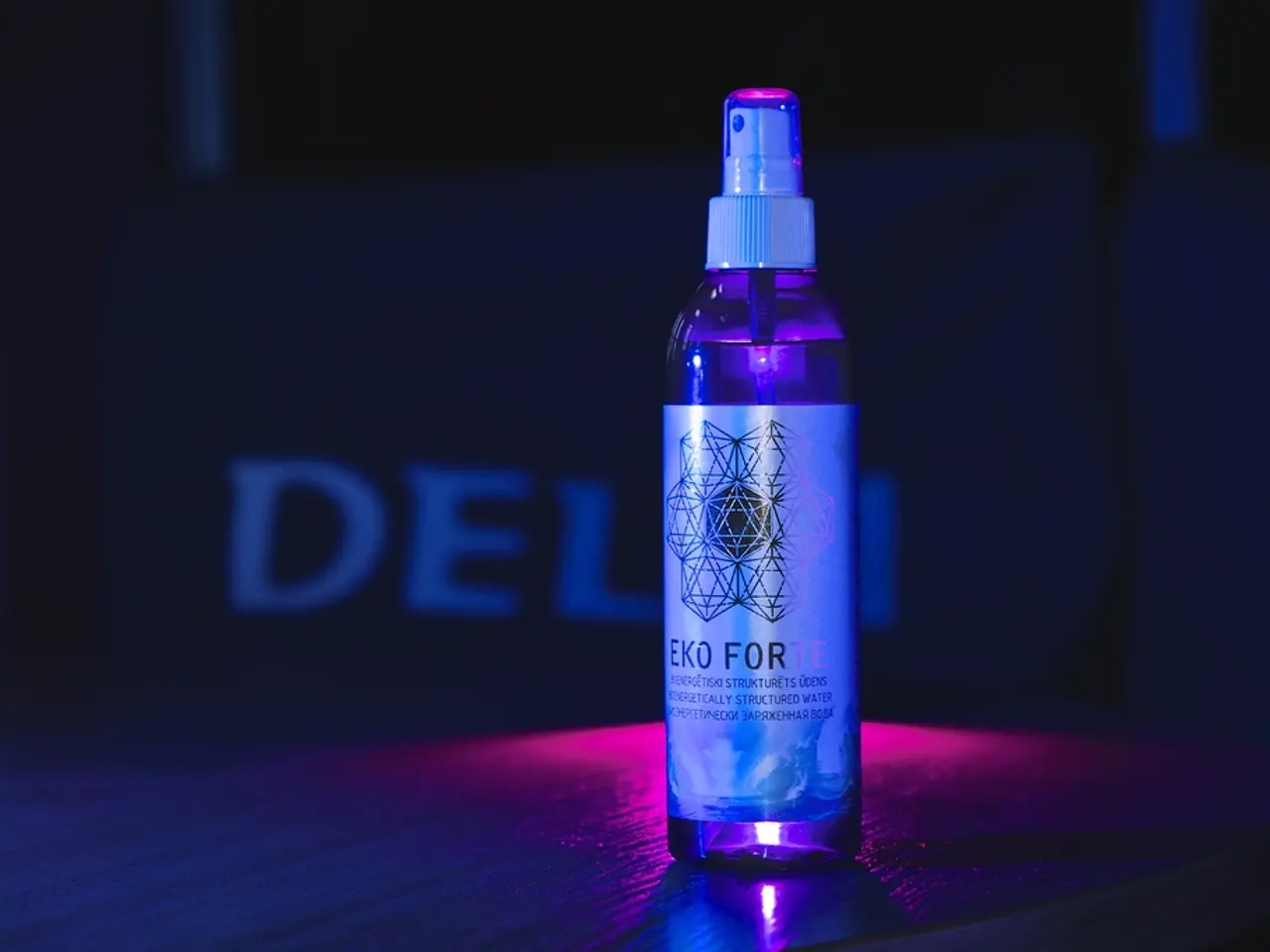Hemp: Its Varieties, Advantages, Nutritional Profile, Applications, and Beyond
### Exploring the Health Benefits and Risks of Hemp Seeds and Hemp Oil
In recent years, hemp has emerged as a popular and versatile superfood, offering a range of potential health benefits. From boosting heart health to promoting whole-body wellness, hemp seeds and hemp oil have gained attention for their nutritional value and therapeutic properties.
#### The Advantages of Hemp Seeds
1. **Easy-to-Digest Protein**: Hemp seeds are a valuable source of plant-based protein, which is easier to digest than animal protein. This can help reduce the risk of certain health issues, particularly for those who increase their plant-based protein intake[1]. 2. **Heart Health**: Rich in omega acids, hemp seeds help normalize blood pressure and reduce the risk of heart-related diseases. Arginine in hemp seeds also aids in blood vessel dilation[1]. 3. **Whole-Body Wellness**: Consuming hemp seeds regularly may help prevent life-threatening diseases and support overall health, potentially reducing the risk of psychological conditions like dementia[1]. 4. **Skin and Joint Health**: The fatty acids and antioxidants in hemp seeds can improve skin and joint health[1].
#### The Benefits of Hemp Oil
1. **Skin, Hair, and Nails**: Hemp seed oil is used as a moisturizer, reducing skin dryness and irritation due to its antioxidant and anti-inflammatory properties[2]. 2. **Brain Health**: Contains essential fatty acids crucial for brain development, particularly DHA, which supports brain and eye health[2]. 3. **Heart Health**: The balanced ratio of omega-6 to omega-3 fatty acids in hemp oil supports cardiovascular health and may prevent degenerative diseases[2]. 4. **Hormone Balance**: Hemp seed oil is a source of GLA, which helps balance hormones and can alleviate symptoms of PMS[2].
#### Potential Risks
1. **Excessive Omega-6 Intake**: Consuming too much omega-6 fatty acid from hemp seeds or oil can lead to pro-inflammatory effects due to the production of eicosanoids[3].
#### Incorporating Hemp Seeds and Hemp Oil into a Diet
- **Hemp Seeds**: Add them to salads, smoothies, or use as a topping for oatmeal or yogurt. - **Hemp Oil**: Use it in cooking, as a finishing oil for dishes, or as a supplement in capsules. - **Hemp Gummies**: A convenient way to consume hemp seed oil for nutritional benefits without cannabinoids[4].
It's important to maintain a balanced intake of omega-6 and omega-3 fatty acids to avoid potential risks. Always consult with a healthcare professional before making significant dietary changes.
- Hemp oil contains a higher percentage of GLA compared to the seeds. - Hemp seeds and hemp oils are the primary forms that people use for dietary or nutritional purposes. - Hemp seeds contain approximately 10 grams of Omega-3 fatty acids per 3 tablespoons. - Hemp seeds contain phytosterols, which help reduce cholesterol in the body. - The U.S. Department of Agriculture regulates the production of industrial hemp. - Hemp seeds are a nutrient-dense foodstuff with a variety of uses. - Hemp seeds contain a specific omega-6 fatty acid called GLA.
[1] National Institutes of Health. (2021). Hemp seeds: Nutritional profile and health benefits. Retrieved from
[2] National Institutes of Health. (2021). Hemp oil: Nutritional profile and health benefits. Retrieved from
[3] National Institutes of Health. (2021). Omega-6 fatty acids. Retrieved from
[4] National Center for Complementary and Integrative Health. (2021). Hemp and cannabidiol (CBD): What you need to know. Retrieved from
- Other Nutrition Considerations: Hemp seeds and oil provide essential minerals such as magnesium, phosphorus, potassium, and zinc, which contribute to overall nutrition and support health [1].
- Chronic Diseases and Medical Conditions: Studies suggest that hemp seeds and oil may help manage chronic diseases such as asthma, multiple sclerosis (MS), chronic kidney disease, and respiratory conditions due to their anti-inflammatory properties [1].
- Eye Health: The antioxidants found in hemp seeds and oil can help protect and maintain eye health, reducing the risk of age-related macular degeneration and other eye disorders [2].
- Health and Wellness Lifestyle: Incorporating hemp seeds and oil into a balanced diet can contribute to a lifestyle focused on overall wellness, as they provide numerous nutritional benefits and potential therapeutic properties [1].
- Fitness and Exercise: After exercise, consuming hemp seeds or oil can aid in muscle recovery due to their rich protein content and anti-inflammatory properties [1].
- Skin Care: Hemp seed oil can be used as a natural moisturizer for the skin, helping to manage various skin conditions like psoriasis, eczema, and acne [2].
- CBD and Skin Conditions: Products derived from hemp, such as CBD, may have topical applications for managing skin conditions [4].
- Cooking: Hemp seeds and oil can be used in a variety of cooking styles, including plant-based and global cuisines, to add nutrition and flavor to dishes [4].
- Lifestyle and Food and Drink Choices: Incorporating hemp seeds and oil into one's diet as part of a larger health-focused lifestyle can include making conscious choices in food and drink, such as prioritizing healthy cooking methods and minimal processed ingredients [1].
- Food-and-Drink Products: Beyond seeds and oil, hemp may be found as an ingredient in various food and drink products, such as protein powders, snack bars, and beverages [4].
- Product Reviews and Electronic Vehicles: As interest in hemp continues to grow, there may be a market for product reviews related to hemp-based supplements, as well as discussions about the environmental impact of electronic vehicles, such as electric cars, in the context of overall sustainability and health-conscious living.




